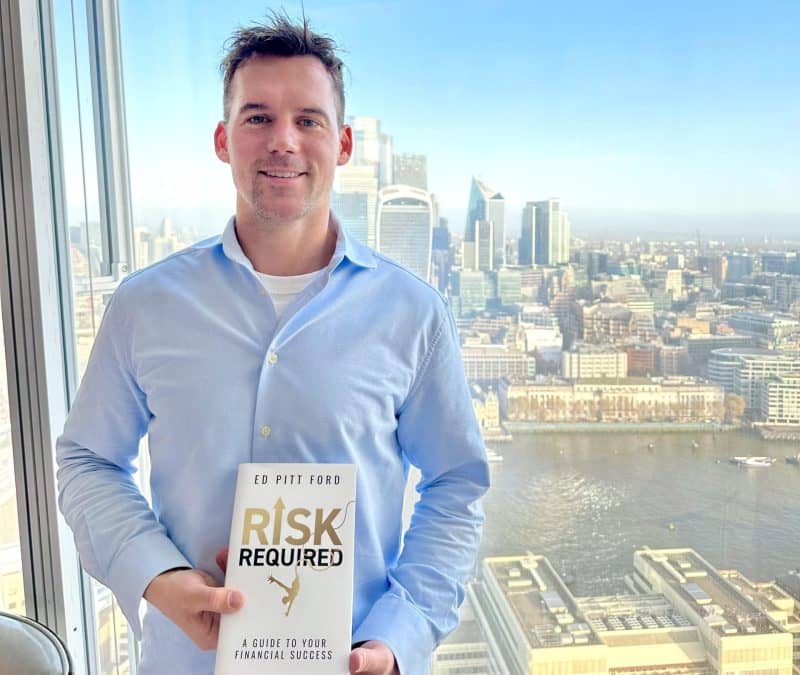Bussiness
“A Creature of Contract” : Demystifying convertible bonds – London Business News | Londonlovesbusiness.com

Over the past 20 years, convertible bonds have seen a notable rise in popularity, though not without some controversy. After a post-pandemic lull, 2023 marked the beginning of a resurgence in convertible bond issuance.
Traditionally, convertible debt has been popular with budding technology and biotech companies, who can have difficulty accessing financing through regular bond markets. But, as borrowing has become more expensive, larger companies have been exploring alternative financing options as well.
Even major Chinese companies, like Alibaba, JD.com, and Trip.com, have begun turning increasingly to dollar-denominated convertible bonds, issuing over $8 billion collectively this year. Meanwhile, financial heavyweights estimate global issuance could reach $110 billion by the end of 2024.
The role of convertible bonds in financing
Convertible bonds are hybrid securities that provide a guaranteed income, like traditional bonds, while also offering the flexibility of a conversion option at maturity. This allows investors to transform them into the issuing company’s stock when favourable, giving the debt equity-like returns.
When looking at the capital structure of companies, there are different tools that can be used to achieve the corporate finance objectives. The highest risk, highest reward point in a capital structure is the equity. The lowest risk, theoretically lowest reward, is the most senior secured debt, explains Walied Soliman, a leading M&A lawyer and the Canadian chair of legal firm Norton Rose Fulbright, speaking via video call.
“Somewhere in the middle are your convertible debentures,” Soliman notes: “Usually they are junior to the senior debt, so they have higher risk, and therefore, it’s usually more costly to the issuer than the senior debt.”
Ultimately, a healthy capital structure should rely exclusively on debt and equity, the lawyer notes. But there are times, when a company has maxed out its debt and does not wish to issue equity, where convertible bonds are a uniquely malleable form of alternative financing.
“When structured properly and with a forward-looking and realistic business plan, convertible bonds are a great solution for companies experiencing a difficult period in their capital structure,” Soliman explains.
One advantage he draws attention to is their flexibility. According to Soliman, there are countless iterations for how a convertible debt instrument can function: “They’re actually quite beautiful […] the things you can do with them.”
Convertible debt can be designed to convert to shares at a big premium, or at a discount, have high or low interest rates, or even have no interest, but with more shares issued on conversion.
“A convertible debt piece is just a creature of contract, so you could do anything you want with it… it’s not as mysterious as people would have you believe,” Soliman explains.
Opportunities for investors
On the investor side, convertible bonds represent a hedge against uncertainty, combining steady returns with the potential for upside in rising equity markets. They give an investor the same level of security as the senior secured debt in another circumstance, but come with the capability to have substantial equity returns.
“That’s a dream instrument. That’s actually a much safer instrument than being in equity. Much safer, much more exciting — and I get a yield throughout,” Soliman explains.
One of the big complaints in convertible debt is that it can damage the equity value of a company when bonds are converted into shares, as this has a dilutive effect on share price. This is a genuine problem, as Soliman acknowledges, but steps can be taken to mitigate this. For example, issuers can set conversion caps or cash payouts in lieu of shares. Nevertheless, detractors argue that share price can take a hit in certain scenarios.
“And, of course, it can […] but if you completely destroy the equity value, that means the company has miscalculated its future growth,” Soliman points out. It is usually in situations like this that aggrieved investors become more vocal about the potential drawbacks of convertible bonds.
A question of risk
It represents a lack of understanding of the capital markets generally whenever structured products, such as convertible bonds, are cited as being good or bad, Soliman argues — even equity “is good or bad depending on what month you look at your portfolio.”
Regulators will occasionally react to investor concerns, feeling that they need to tackle an issue in order to engender confidence in the capital markets. But, according to the Norton Rose Fulbright lawyer, we should never look at an entire class of products and say it is a problem.
“It’s like saying, you shouldn’t sell Bitcoin because it moves around too fast. That’s not the answer,” he argues — “The answer is to explain in big, bold letters that you could lose all your money.”
“For me, it’s just [a question of] disclosure. Really, really, really, it’s just disclosure.”
The above information does not constitute any form of advice or recommendation by London Loves Business and is not intended to be relied upon by users in making (or refraining from making) any finance decisions. Appropriate independent advice should be obtained before making any such decision. London Loves Business bears no responsibility for any gains or losses.










